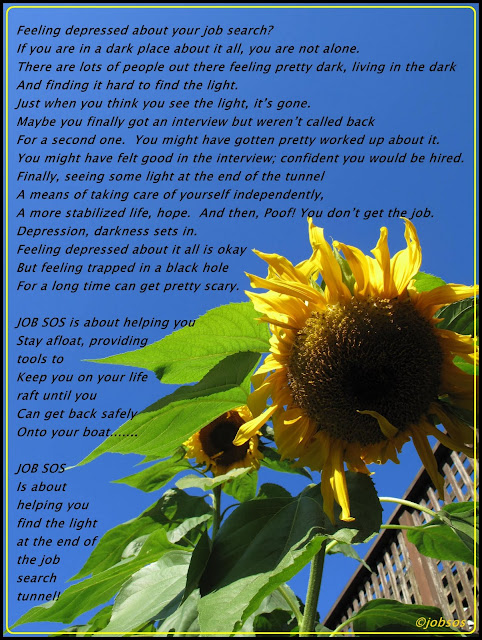With the economy the way it is, job searching has become increasingly more difficult. The competition for the limited jobs available is overwhelming and you need to stand out in the crowd if you plan on getting an interview! If you have not been getting responses to your resume and applications, then you need to try something different!
One way is to revamp your current resume; we’ve discussed this several times in our blog posts and there is a reason we keep coming back to it – it’s so important to have a winning resume in order to land an interview! Have another set of eyes review your resume to receive other options and ideas on what can be done differently. Try different formats and fonts to spice it up a little bit. And always make sure you are only putting information that is necessary and eye-catching on your resume. Remember to tailor each resume to each job that you are applying for – sell your skills/experience in your resume!
Expanding your network, both in-person and online is important to stand-out. Learn as much as you can about online networking and sign up for social media sites such as LinkedIn, Twitter and Facebook. And keep active using these tools.
Keep fresh about what is going on in your industry. Volunteer or start a blog – showing the employer that you are active in your industry will show your dedication!
Keep at it and before you know it, you will see the light at the end of the job search tunnel!
-Sunny + Sassy
Keep at it and before you know it, you will see the light at the end of the job search tunnel!
-Sunny + Sassy










